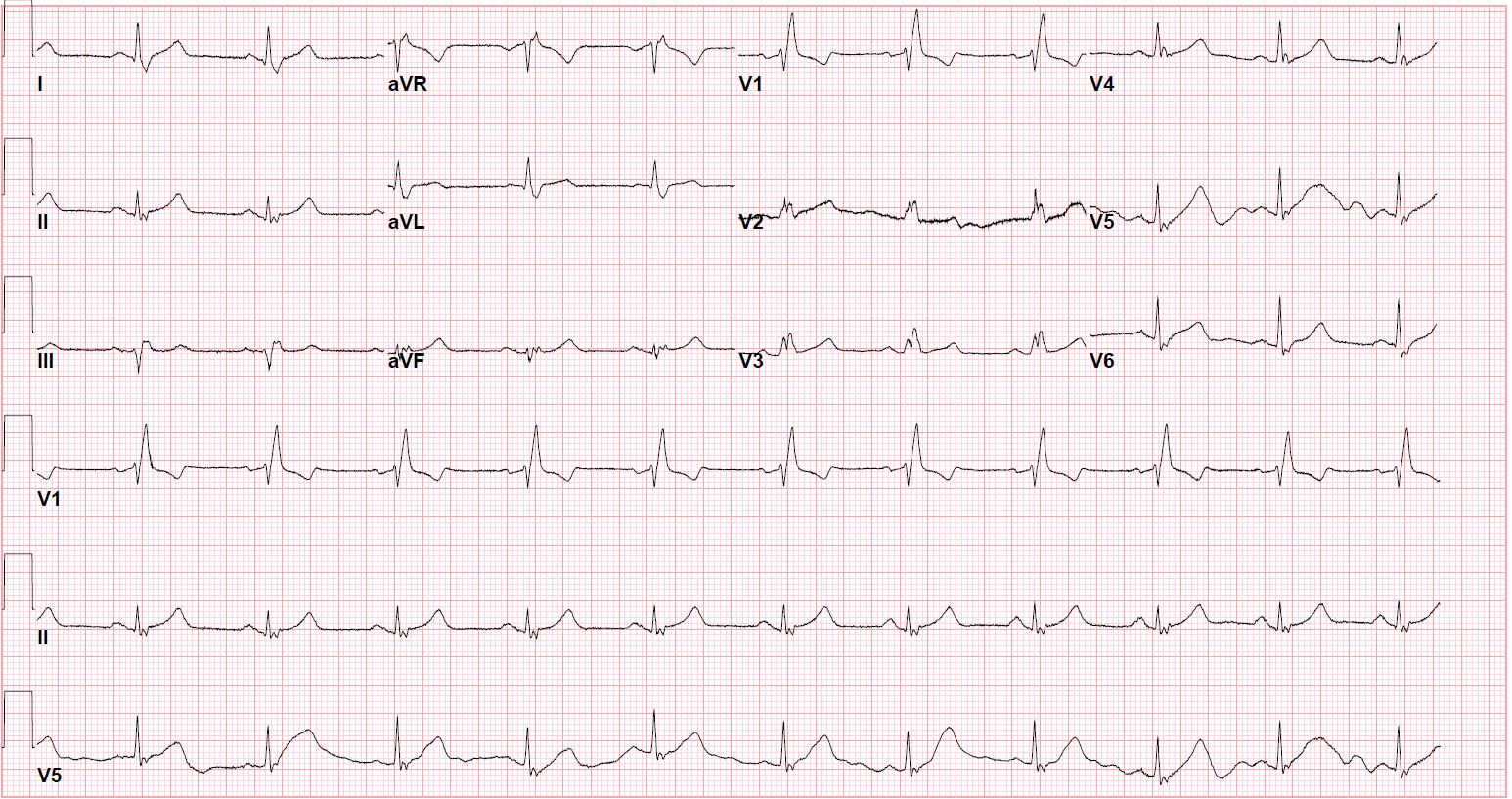Obesity Related Comorbid Conditions

A comorbid condition is a medical problem that is related to, and generally a result of, another medical condition. Obesity is a disease that is caused by the chronic ingestion of more calories than what is typically needed for a healthy human body. This causes the deposition of fat and irregularities with the pancreatic regulation of sugar. The irregularities of sugar metabolism result in a form of diabetes. The extra weight can strain the heart, lungs and joints. These related irregularities lead to the corresponding medical problems of hypertension, sleep apnea, and osteoarthritis. These medical problems are therefore comorbid conditions related to obesity. As these conditions can also exist independently, they are only classified as obesity related comorbidities if the patient is suffering from obesity at the same time. Typically the obesity classification requires a BMI greater than 35 kg/m^2.
Comorbidities, or diseases that are a direct result of a single primary disease, typically follow predictable patterns; they may vary in severity and prevalence.
The good news is that treating the primary disease can help with the severity and often cure related medical comorbidities. Bariatric surgery along with the required positive lifestyle change, will likely cure the early stages of obesity-related diabetes and hypertension.





